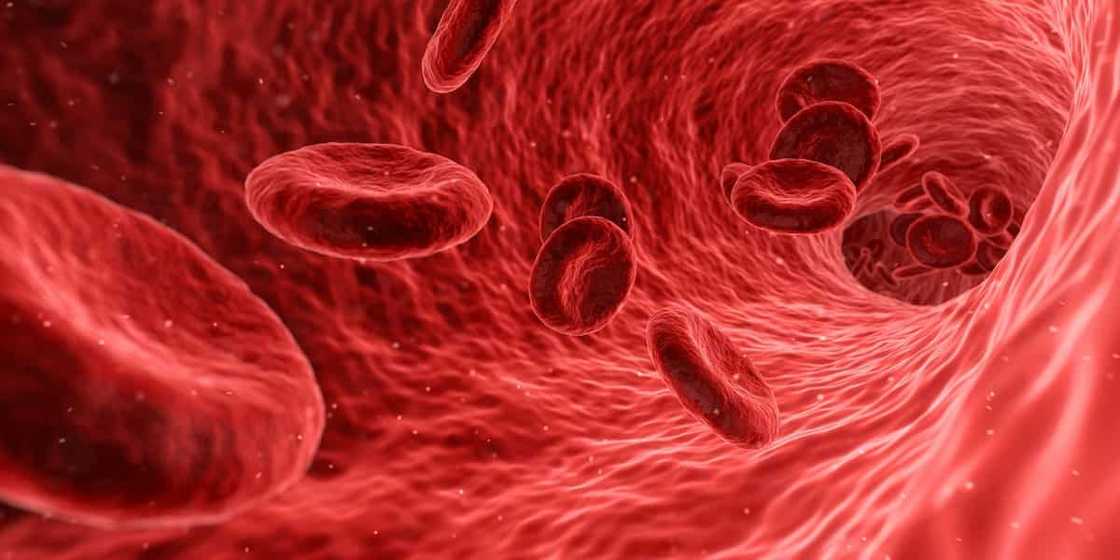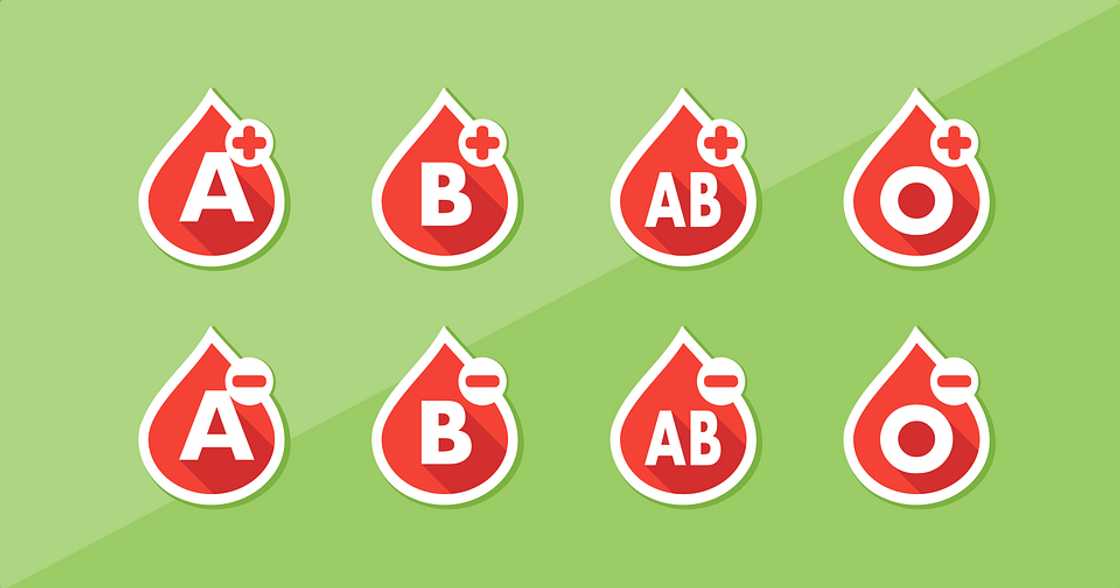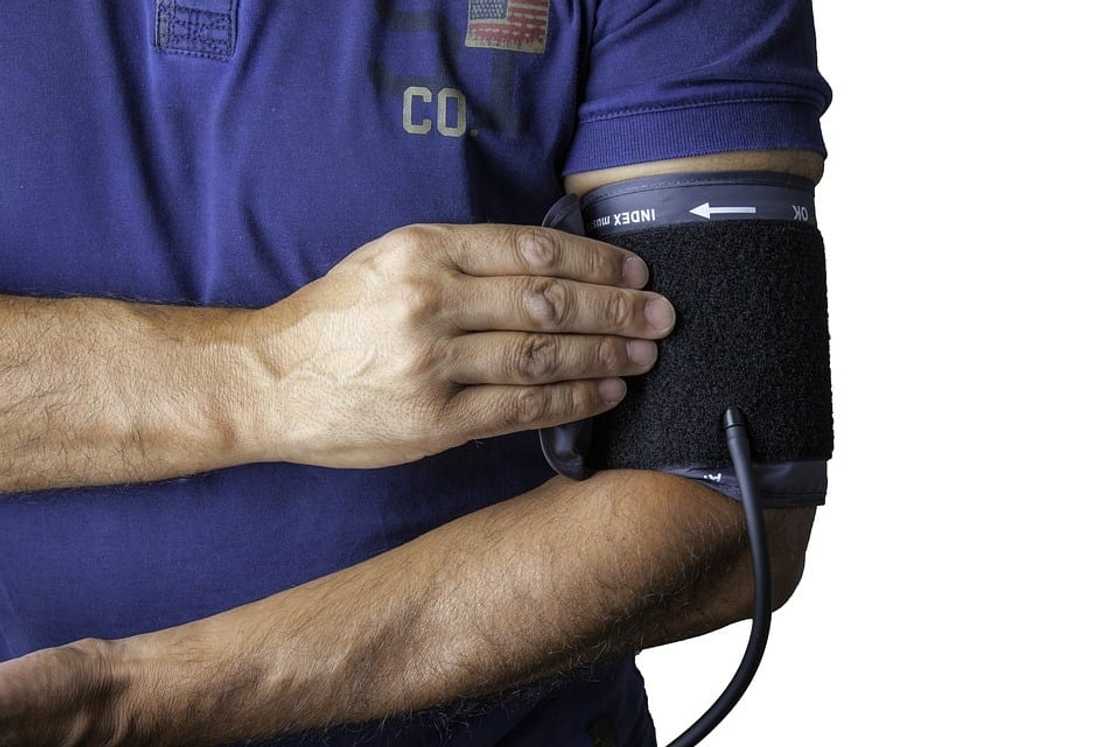Blood type compatibility for transfusion and conception
Blood type compatibility is important for the health of the patient during pregnancy planning. Doctors have long solved the compatibility puzzle through experiments and trials. It soon became clear why some died and others recovered after transfusion.

Source: UGC
Blood type compatibility for transfusion
Transfusion until the 20th century was incidental and rarely used by doctors. Only in 1901 did Karl Landsteiner carry out experiments and extract 4 blood groups.
Why should people only be given a certain type of blood? The fact is, it contains antigens that, when they mismatch, cause agglutation - a process of gluing red blood cells together. Researchers emphasize the importance of compatibility. Thus, L.Z. Shautsukova and Z.S. Shogenov note that it is the individual selection of donor and recipient on the basis of rhesus phenotypes that is important.
What blood compatibility is:
- Universal for all other blood types, because it does not contain antigens. But a Group 1 winner can only get a transfusion of the same type and no other.
- Contains antigen A 2 blood group. Suitable for the second and fourth groups, and its holders can accept the first and the second.
- People with the third or fourth blood group are suitable for the third blood group, and the first blood group and the third blood group will fit the first blood group. It has an antigen B.
- It is only perfect for its species, blood group 4. It is a rare blood group. The fourth is open to all blood types. It contains two antigens, A and B.
Determining the blood group is not all. Blood also has a positive and negative rhesus factor (Rh). A person who is positive for Rh will normally accept blood with negative Rh, but not vice versa.
Before the transfusion is performed, it is important to follow the following rules:
- Take a blood group and rhesus factor match test.
- Take mandatory tests for individual compatibility.
- Perform biological tests.
It is important to check compatibility before the procedure between patients, and only then to proceed with the transfusion. Everyone must know their blood group to avoid unpleasant situations.

Source: UGC
Compatibility of blood groups for conception
Are you planning to have a child? Then make sure your blood groups are compatible with your spouse. This will help to carry the child safely and avoid complications. According to E.G. Sedunova's research, the concept of blood groups includes all genetically inherited factors in the blood.
How do I know a blood type of the baby? It is believed that the child will have the same group as the parents. The blood of the fetus is made from a mixture of maternal and paternal blood, especially when the spouses share the same groups. Otherwise, the baby may have another type.
Doctors argue that the group is not as important as the compatibility of Rh factors. Rhesus-conflict testing is mandatory during pregnancy planning. After all, when rhesus is positive, it contains a special protein, and when it is negative it does not.
So if a woman is negative for Rh and a man is positive, the female body's immune system rejects the protein as an alien body. This causes problems conceiving the child and may lead to early miscarriage.

Source: UGC
That is why blood donation during pregnancy or the planning of pregnancy is mandatory. This will help to avoid a negative experience for the couple. Ideally, parents' blood groups for the rhesus factor should match as follows:
- negative - negative;
- male: negative; female: positive.
Then conception and pregnancy will pass without complications.
But doctors know that not all couples with incompatible Rhesus are affected. Some of them are having children safely.
Science and medicine have come a long way over the centuries, but not all fields have been studied. The primary responsibility of parents-to-be is to maintain their health, get the necessary tests and see a doctor. Also, remember about blood type compatibility during transfusion.
Attention! The material is merely introductory. The methods of treatment described herein should not be resorted to without first consulting a doctor.
Sources:
- Shautsukova L. Z., Shogenov Z.S. RH (Rhesus) Blood Group Systems: an Analytical Review / / Modern Problems of Science and Education. 2015.
- Sedunova E.G. Analysis of group and rhesus blood belonging to the population of Ulan-Ude, Bulletin of Buryat State University, 2010. No 12. P. 226-229.
Source: KAMI.com.gh




